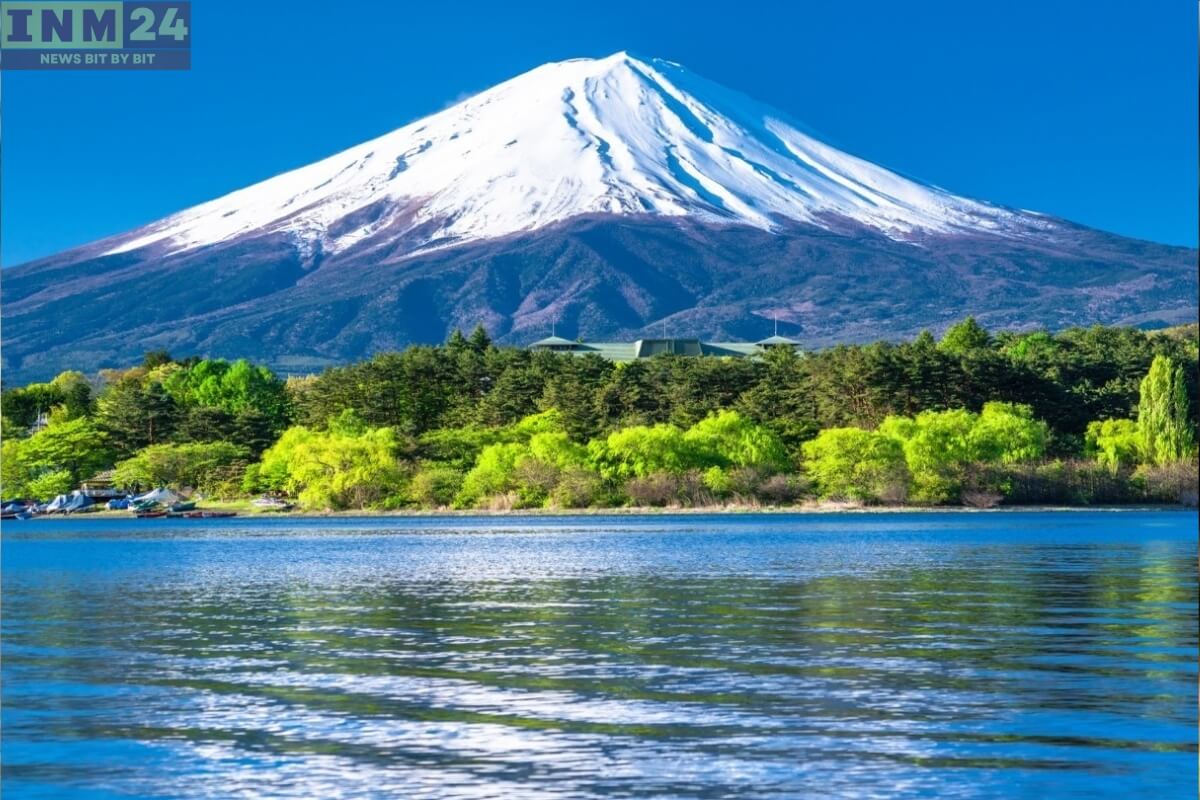Mount Fuji, Japan’s iconic peak and a UNESCO World Heritage site, has long been a magnet for tourists seeking to experience its majestic beauty and cultural significance. However, the surge in visitor numbers in recent years has raised concerns about the negative impact of overtourism on the fragile ecosystem and cultural heritage of the mountain. In response to these concerns, authorities have introduced a new entry fee of INR 1108 for visitors, aimed at managing tourist influx and preserving the natural and cultural treasures of Mount Fuji.
Managing Overtourism: Mount Fuji’s Entry Fee Solution
The decision to implement an entry fee is a proactive measure to address the challenges posed by overtourism and ensure sustainable management of the mountain’s resources. Mount Fuji, with its breathtaking vistas and spiritual significance, has attracted millions of visitors annually, leading to overcrowding, environmental degradation, and strain on local infrastructure.
By introducing an entry fee, authorities hope to regulate visitor numbers, encourage responsible tourism practices, and generate revenue for conservation efforts and infrastructure maintenance. The fee will apply to both domestic and international visitors and will be used to fund initiatives such as trail maintenance, waste management, and cultural preservation projects.
Additionally, the entry fee serves as a mechanism to promote awareness among visitors about the importance of respecting the natural environment and cultural heritage of Mount Fuji. Visitors will be encouraged to follow designated trails, refrain from littering, and show respect for sacred sites and cultural traditions associated with the mountain.
Sustainable Funding: Benefits of Mount Fuji’s Entry Fee
While the introduction of an entry fee may deter some budget-conscious travelers, it is a necessary step to ensure the long-term sustainability of tourism around Mount Fuji. The revenue generated from the fee will be reinvested into conservation efforts, infrastructure upgrades, and community development projects, benefitting both tourists and local residents.
Moreover, the implementation of the entry fee reflects a broader shift towards sustainable tourism practices in Japan and around the world. As destinations grapple with the challenges of overtourism, governments and tourism stakeholders are increasingly recognizing the need to balance visitor access with environmental conservation and cultural preservation.
Japan’s decision to implement an entry fee for Mount Fuji is a proactive response to the challenges posed by overtourism. By managing visitor numbers, promoting responsible tourism practices, and investing in conservation efforts, authorities aim to safeguard the natural and cultural heritage of this iconic mountain for future generations to enjoy.
